Top 16 best Universities in Nigeria: There are millions of secondary school graduates in Nigeria, and the majority of them prioritize earning a degree from the country's most prominent college while they wait to go on to their next scholastic endeavor. As part of their long-term ambitions for their professional life, these Nigerian students have set their eyes on achieving just that. Nigeria has a continually growing population, having one of the world's highest young populations. The Nigerian government's volatility makes it challenging to uphold good levels of education, yet the nation also boasts a thriving higher education industry with more than 100 institutions established and accredited by the Nigeria University Commission (NUC).

These top universities can provide the residents of Nigeria with the highest caliber of academics. Nigerian universities have a wide range of programs to offer you, whether they are linked to the arts or sciences, to suit the demands of the country's agricultural, scientific, and technical growth.
Selecting the top institutions in Nigeria involves a lot of work, examination, and other considerations that must be made when conducting the study. Higher universities operate fundamentally differently from elementary and secondary schools, where the brightest schools are often picked based on their size and hefty tuition costs. As a result, while choosing an institution, students frequently base their decision on where it stands in the rankings. We'll talk about the top universities in Nigeria in this article. If you are considering studying in Nigeria, this post will provide you with all the information you need to choose great universities and submit an application.
Ranking Of The Top 16 Best Universities in Nigeria 2023
1. The University of Ibadan: The University of Ibadan (U.I.) is Nigeria's most prestigious university, located in the city of Ibadan in the state of Oyo. It is a public research center that was founded in 1948 as a University of London associate, making it one of Nigeria's oldest organizations. In 1963, three years after Nigeria got independence, it became an autonomous university.

The university has a number of associate institutions, including Bigard Seminary in Enugu State, Archbishop Vining College of Theology in Akure, St Augustine's College of Education in Akoka, Lagos, and others. Pre-degree courses, as well as undergraduate and postgraduate degrees, are available at the school. Since then, the university has expanded to offer academic programs in 13 faculties.
2. University of Nigeria Nsukka: In 1955, Dr. Nnamdi Azikiwe established the University of Nigeria. On the 7th of October 1960, however, the school was finally inaugurated. Nsukka, Enugu, Ituku-Ozalla, and Aba are the four campuses that makeup UNN. It is Nigeria's first fully independent indigenous institution, based after the American educational system.

Its aim is to be at the vanguard of worldwide academic research and development, innovation, information transfer, and human resource development while promoting the essential principles that will ensure man's dignity is restored.
3. Covenant University: Covenant University is a Christian private university that is linked with the Living Faith Church Worldwide. It's in the Ogun State town of Ota. It was established to promote Christian beliefs while also pursuing excellence at the cutting edge of learning. It is also motivated by the compelling goal of developing a new generation of African leaders via a comprehensive, human development, and integrated learning curriculum.

The university, however, did not begin operations until March 2002, when the Federal Government granted the school a license to operate as a Private University. The clearance by the National Universities Commission (NUC) was said to be the quickest in the history of the 16 petitions for private university creation filed with the NUC. As part of the Liberation Commission, the Bishop of the Living Faith Church established the university.
4. Obafemi Awolowo University: Obafemi Awolowo University, located in Ile-Ife, Osun, was established in 1962 as a non-profit public higher education school. Obafemi Awolowo University (OAU), a notable co-educational Nigerian higher education institution, was legally approved by the Nigerian National Universities Commission.

Obafemi Awolowo University (OAU) provides pre-bachelor, bachelor's, master's, and doctoral degrees, as well as courses and programs leading to legally recognized higher education degrees in a variety of topics. The entrance exam-based admissions approach is used at this 58-year-old Nigerian college. Applicants are invited to apply from all around the world.
5. The University of Lagos: The University of Lagos, or UNILAG, is a public research university in Lagos, Nigeria, that was established in 1962. UNILAG is one of Nigeria's first-generation institutions, with major education journals ranking it among the best universities in the world. The institution now has three campuses on the Lagos mainland.
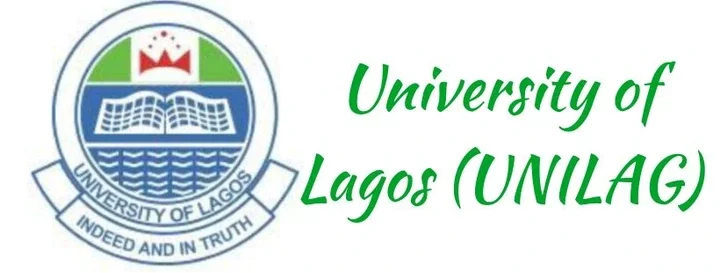
Two of its campuses are in Yaba (the main campus in Akoka and the newly built campus at the old school of radiography), while its college of medicine is in Surulere's Idi-Araba. Its main campus, which spans 802 acres, is primarily encircled by the Lagos lagoon. The University of Lagos currently accepts about 9,000 undergraduate students each year and has a total enrollment of approximately 57,000.
6. Ahmadu Bello University: Ahmadu Bello Institution, or ABU, is a Nigerian non-profit federal research university based in Zaria, Kaduna state. On October 4, 1962, Ahmadu Bello University was established. The university was named after Nigeria's first president, Alhaji Sir Ahmadu Bello.
The institution has two campuses: Samaru, which serves as the main campus, and Kongo, which is located in Zaria, Kaduna State. Physical sciences, biological sciences, social sciences, arts and languages, education, environmental design, engineering, medical sciences, agricultural sciences, and research facilities are all located on the main campus. The Law and Administration faculties are located on the second campus. Accounting, Business Administration, Local Government, and Development Studies, and Public Administration Departments make up the Faculty of Administration.
7. The University of Ilorin: The Institution of Ilorin is a federal government-owned university in the western Nigerian city of Ilorin. It was one of the seven higher education institutes founded by a Federal Military Government regulation in 1975. The edict was issued to carry out the educational directions of Nigeria's Third National Development Plan, which intended to expand chances for Nigerians interested in pursuing higher education. The University of Ilorin is one of Nigeria's greatest universities.
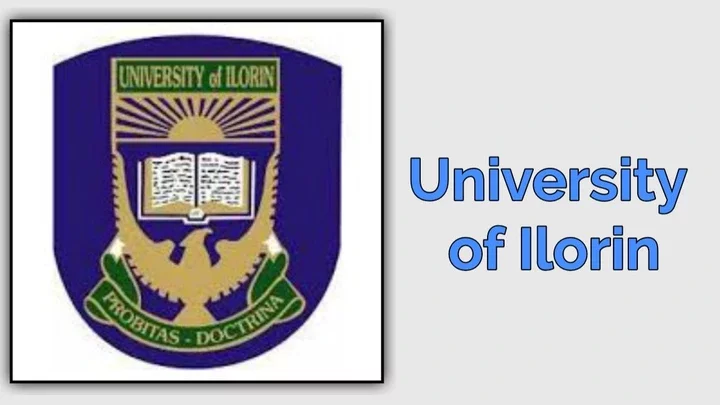
On the 23rd of October, 1976, UNILORIN, as it is known, enrolled its first 200 students, and academic work began on the 25th of October, 1976. The University began on a section of the Kwara State Polytechnic's temporary campus. The academic programs of the Faculties of Art, Science, Education, Engineering, Business, Social Science, and Basic Clinic Sciences were all held on this campus.
8. The University of Benin: The Institution of Benin (UNIBEN) is a public research university in the Nigerian city of Benin in the state of Edo. One of the most prominent universities in Benin is the University of Benin (UNIBEN). It was formed in 1970 and is one of the institutions controlled by the Federal Government of Nigeria.

The School now has two campuses with fifteen faculties, including the John Harris Library, which serves as the primary library. The University of Benin is well-known for partnering with a variety of foreign universities as well as local and international organizations such as USAID, Ford Foundation, UNCF, RMRDC, and others. UNIBEN is known for producing the country's first female vice-chancellor.
9. University of Abuja: The University of Abuja is a tertiary university located in Abuja, Nigeria's capital. It was founded in January 1988 as a dual-mode university with the mission of offering both traditional and distant learning courses. With the enrolment of its first students in 1990, the University commenced academic operations. The University began operations from a temporary location in Gwagwalada, consisting of three blocks of buildings originally intended for a primary school.
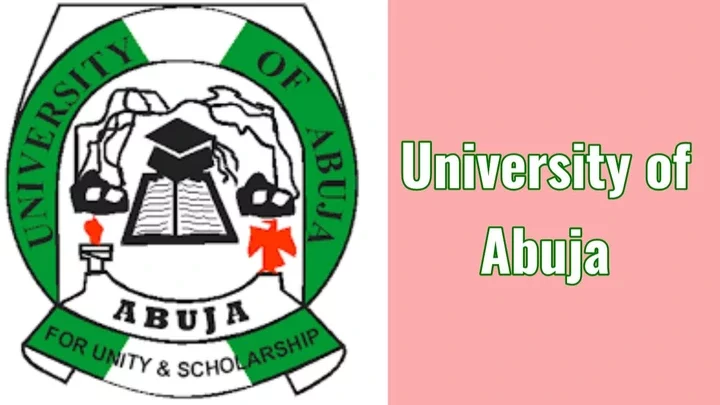
Academic activity began on the mini-campus in 1990, following which the university was given an area of land of over 11,800 hectares along the Abuja city Airport route to establish its main campus. The institution offers certificate, undergraduate, and postgraduate degree programs, as well as a Centre for Distance Learning School that gives university education to students who cannot attend a traditional university.
10. Federal University of Technology Akure: The Federal University of Technology Akure, or simply FUTA, was established in 1981 as part of a Nigerian government initiative to establish institutions that specialize in generating graduates with both practical and academic understanding of technology. With various colleges, departments, institutes, and divisions offering postgraduate, undergraduate, diploma, and certificate courses, the University has continued to flourish.
The Federal University of Technology, Akure (FUTA) is a prominent coeducational Nigerian higher education institution approved by the Nigerian Universities Commission. The Federal University of Technology, Akure (FUTA) provides courses and programs leading to legally recognized higher education degrees such as pre-degrees, bachelor's degrees, master's degrees, and doctoral degrees in a number of disciplines of study.
11. Landmark University: Landmark University is a private university founded by the Living Faith Church and is located in the state of Kwara- It was established in 2011. This seven-year-old higher education school offers stringent admissions criteria based on applicants' prior academic performance and grades as well as entrance exams.
Dr. David O. Oyedepo, the general overseer of the Living Faith Church, is the chancellor of the universities. Prospective students can check their nationality and eligibility for the award on the university website since it provides scholarships for foreign students. The school also upholds severe rules for student behavior and how they must dress while on campus.
12. Futminna (Federal University of Technology Minna): Nigeria was focused on strengthening national independence in the disciplines of science, technology, and engineering when this institution was formed in 1983.
The university is located in Niger State. The university's permanent campus is located in Gidan-Kwano on a 10,650-acre tract of land along the Minna - Kataeregi - Bida Road. It is a member of both the Association of Commonwealth Universities and the Association of African Universities. FUTMINNA students have created several types of equipment, such as solar air heaters.
13. Port Harcourt University (UNIPORT): When Rivers State University was first established in 1975, it operated as a University College. Before becoming a university in 1977, it ran as a university college for two years. It is situated in Port Harcourt city.
In terms of the experience of the professors and the caliber of education, UNIPORT is well-established structurally. They are top-notch with up to the standard libraries for study and findings. Different plans and programs for bachelor's, master's, and doctoral degrees are available to students at this university.
14. Adekunle Ajasin University: Adekunle Ajasin University was established in 1982 and is situated in the suburbs of the village of Akungba Akoko in the state of Ondo. There are campuses for this university at Ikare Akoko as well. Adekunle Ajasin University (AAUA), a large (uniRank enrollment range: 10,000-14,999 students) coeducational higher education institution, is officially accredited by the National Universities Commission of Nigeria.
This 36-year-old higher education school maintains stringent admissions criteria based on applicants' prior academic performance and grades as well as entrance exams. This Nigerian higher education school is somewhat selective, with an admission rate range of 40-50%. Applications from prospective international students are encouraged.
15. Bayero University of Kano (BUK): Kano, the capital of Nigeria's Kano State, is home to Bayero University Kano (BUK). It was founded in 1975 and changed its name from Bayero University College to University when it became a fully accredited University. This institution is the first university in the Kano State region of northwest Nigeria. The university has excellent facilities and accepts both domestic and foreign students.
It boasts a robust research agenda and many of its academics are working on cutting-edge projects. Additionally, BUK includes a variety of centers and institutions that offer assistance and resources to staff, students, and the general public. The academic reputation of Bayero University Kano is unquestionable, and it has produced numerous illustrious alumni.
16. Afe Babalola University (ABUAD): ABUAD, started by Afe Babalola in 2009, is one of the best private universities in Nigeria. Its teaching facility was the first in Nigeria to do an effective open heart surgery. The school was honored for its intellectual prowess when Daily Asset Newspapers declared it the top university of 2017.
Since its establishment in 2009, the university has had exceptional growth, earning the title of African university with the highest rate of expansion. One of the biggest stationary planetariums in the world is housed in the university's Dome Planetarium, along with an observatory for astronomy. The university's standing as a prestigious scientific institution is enhanced by this facility, which enhances science education and research prospects.
Conclusion
Education in Africa, particularly in Nigeria, has faced several obstacles in recent years. Maintaining good academic standards in Nigeria is challenging due to the country's political volatility. Academic strikes at Nigeria's universities have become more common, but some institutions in the continent's most populous country are beginning to live up to expectations.
Internal and external stakeholders must be involved in systematic transformation initiatives if the necessary improvements in university operations in Nigeria are to be achieved. To help enhance university education, the Nigerian government should adopt a strategy on how the private sector may help improve university education quality by actively participating in financial and physical facility development in Nigerian institutions.

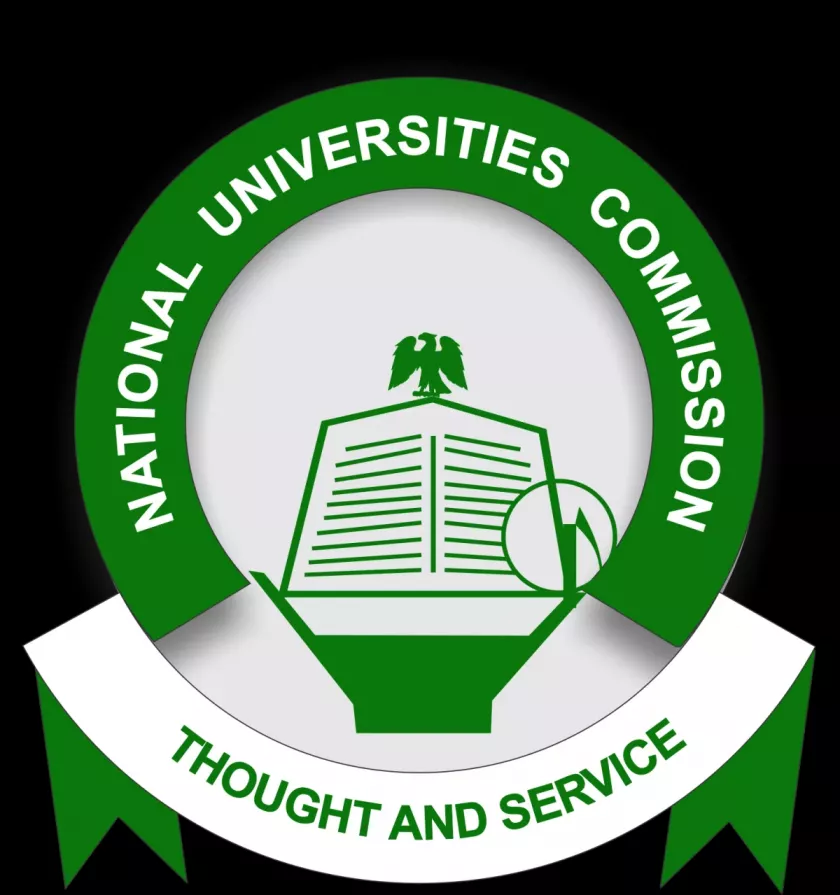
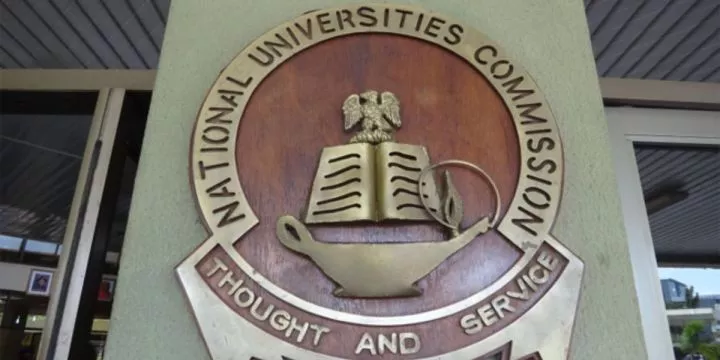


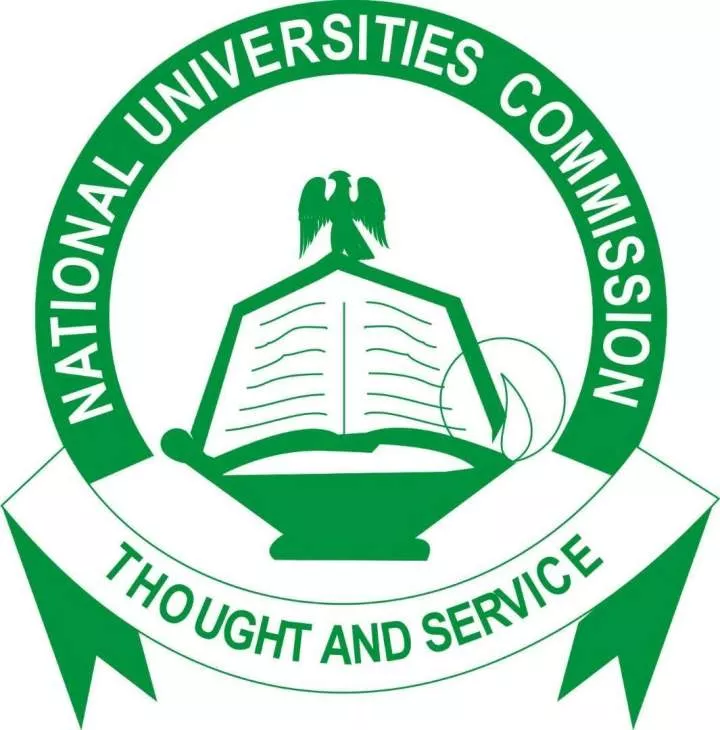
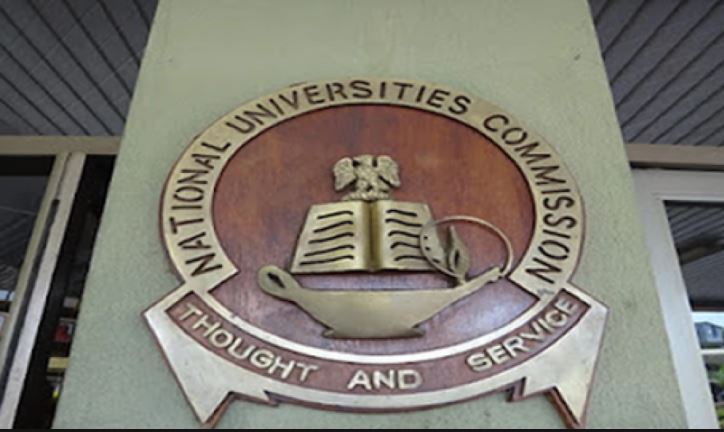










Comments